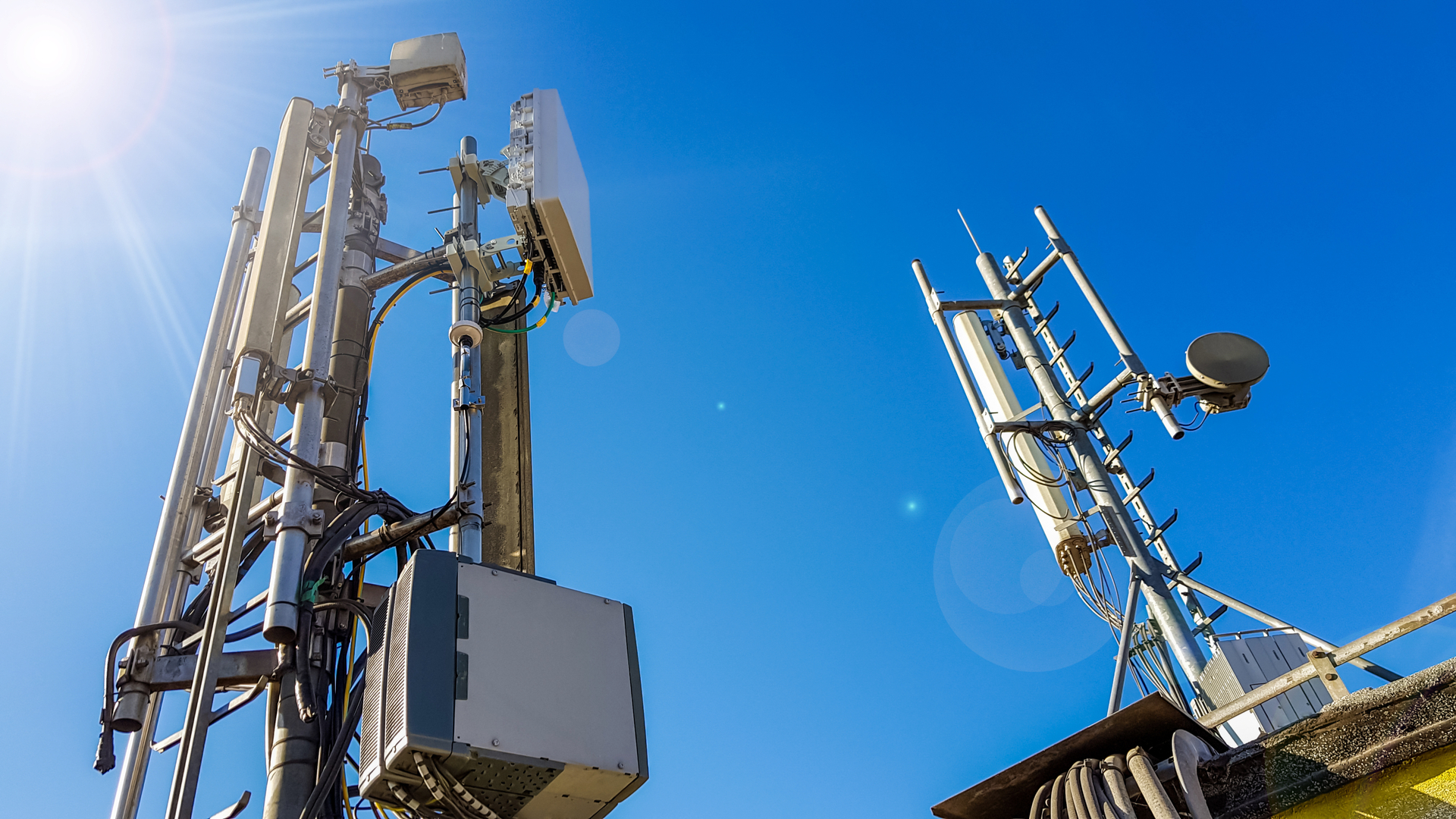ISPs still embellishing broadband speeds?
Despite impressive improvements on broadband speeds over the past year, Ofcom is still concerned ISPs are claiming faster than achievable connections.


Internet Service Providers (ISPs) in the UK are still leading customers on to believe they can achieve higher broadband speeds than actually possible.
So claims new research by Ofcom which, along with SamKnows, concluded there was a "growing gap" between advertised speeds and those reached by consumers, despite ISPs signing up to a Voluntary Code of Practice to stop this more than 18 months ago.
The report claimed the differences between the two speeds was down to broadband being delivered over old copper lines, designed for phone calls rather than the faster technology.
The "poor quality" and "electrical interference" on the lines slowed connections right down, the research said.
Ofcom has revised is code of practice to make ISPs commit to a more honest approach to speeds with their customers and to allow consumers to terminate contracts within the first three months if they don't receive the speeds they were expecting.
Ed Richards, chief executive (CEO) of Ofcom, said: "Actual speeds are often much lower than many of the advertised speeds which makes it essential that consumers are given information which is as accurate as possible at the point of sale; this is what the new Code is designed to deliver."
He added: "We are delighted that all major ISPs have signed up which is a major step forward."
Get the ITPro daily newsletter
Sign up today and you will receive a free copy of our Future Focus 2025 report - the leading guidance on AI, cybersecurity and other IT challenges as per 700+ senior executives
The research did come to some positive conclusions as well. It showed average broadband speeds in the UK had increased by 25 per cent over the past year, rising from 4.1Mbps to 5.2Mbps.
Virgin Media performed the best, achieving between 45.9 to 47.4Mbps on its "up to 50Mbps" offering.
The research carried out more than 18 million performance tests in more than 1,500 homes throughout May 2010.
Jennifer Scott is a former freelance journalist and currently political reporter for Sky News. She has a varied writing history, having started her career at Dennis Publishing, working in various roles across its business technology titles, including ITPro. Jennifer has specialised in a number of areas over the years and has produced a wealth of content for ITPro, focusing largely on data storage, networking, cloud computing, and telecommunications.
Most recently Jennifer has turned her skills to the political sphere and broadcast journalism, where she has worked for the BBC as a political reporter, before moving to Sky News.
-
 The role of ISPs in the connected world now and in the future
The role of ISPs in the connected world now and in the futureSupported Content The role of the ISP has grown precipitously as the world becomes increasingly reliant on staying connected, but they must now adapt to changing times…
By Solomon Klappholz
-
 Ofcom net neutrality update dismisses calls for big tech contributions
Ofcom net neutrality update dismisses calls for big tech contributionsNews Ofcom’s net neutrality stance has been criticized by some industry stakeholders
By Emma Woollacott
-
 UK 5G spectrum auction will finally go ahead this week
UK 5G spectrum auction will finally go ahead this weekNews The much awaited auction will involve companies bidding for frequency in two bands
By Zach Marzouk
-
 Almost one million Brits still suffer with appalling broadband speeds, Ofcom report finds
Almost one million Brits still suffer with appalling broadband speeds, Ofcom report findsNews A new Ofcom report reveals a massive 925,000 people are still on downloads speeds of less than 10Mbps
By Alex Lee
-
 ISPs now have 30 days to fix net speeds or face null contracts
ISPs now have 30 days to fix net speeds or face null contractsNews Ofcom confirms customers will soon be able to walk away if their service dips
By Dale Walker
-
 More than a million UK properties don't have access to 'decent' broadband speeds
More than a million UK properties don't have access to 'decent' broadband speedsNews Ofcom's Connected Nations report finds broadband is still lacking across 4% of the UK
By Roland Moore-Colyer
-
 ISPs forced to ditch 'misleading' broadband adverts
ISPs forced to ditch 'misleading' broadband advertsNews Speeds can only be advertised if they are available to 50% of customers
By Dale Walker
-
 TalkTalk branded worst broadband provider by Which?
TalkTalk branded worst broadband provider by Which?News Sky and BT both also fared badly in the company's twice-yearly survey
By Clare Hopping

